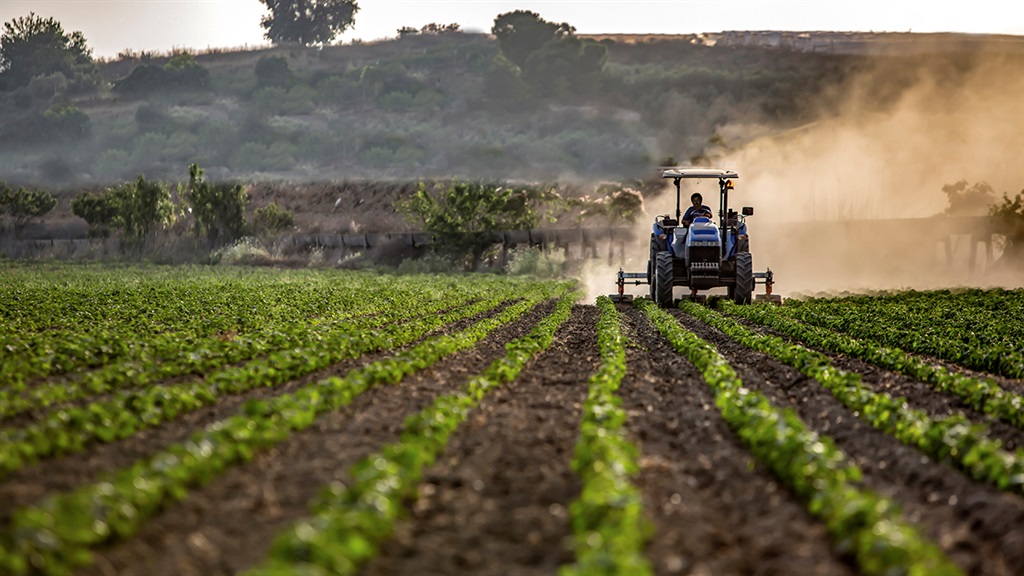American farmers want SA workers to be exempt from the US’ travel ban
- South Africans have been banned from entering the United States in the wake of the Omicron coronavirus variant’s discovery at the end of November.
- The latest travel ban comes less than a month after the first one, imposed in January, was lifted.
- That initial ban was met with successful protest from American farmers who rely on South African farmworkers under the H-2A guest worker visa programme.
- Now, these same US agricultural organisations are calling for South African farmworkers to be exempt from the latest ban ahead of the growing season.
- Agricultural stakeholders in the United States (US) have requested that South African farmworkers be exempt from the travel ban, and allowed to enter the country, ahead of the critical growing season.
South African farmworkers are in high demand in the US. Under the H-2A guest worker visa programme, which exists to fill vacant farm positions amid ongoing labour shortages, around 7,000 South African workers arrive in the US between February and April, ahead of the growing season.
“Many of these H-2A workers have a unique skillset, and American farmers are counting on their timely arrival as they make plans for their upcoming growing seasons,” noted an open letter, supported by more than 60 agriculture groups, addressed to President Joe Biden’s administration on Monday.
“To ensure access to these essential members of the agricultural workforce, we request that H-2A workers coming to the United States be given a National Interest Exception, exempting them from these travel limitations, as outlined in the proclamations as an exception to the travel restrictions.”
The letter to Secretary of State Anthony Blinken and Homeland Security Secretary Alejandro Mayorkas was issued less than three weeks after US President Joe Biden issued a proclamation banning travel from South Africa.
This travel ban was imposed a day after scientists from South Africa’s Network for Genomic Surveillance announced the detection of a highly mutated coronavirus variant, Omicron.
But the battle between American farmers and Biden’s travel bans stretch back almost a year.
South Africans have been barred from entering the US for much of the year, following a presidential proclamation issued in January. This came after the same scientists in South Africa detected the B.1.351 variant, which would come to be known as Beta. As with the recent discovery of Omicron, the global reaction to the discovery was to impose harsh and harmful bans on South African travellers.
The January proclamation was immediately met with criticism from the same US farm groups who are now petitioning the Biden administration to allow H-2A visa holders into the country. That first petition was successful, and South African farm workers qualified for entry to the US under the National Interest Exception (NIE) programme.
South African farmworkers holding H-2A visas were the first NIEs. Throughout the year, more exceptions were added to include the likes of students, au pairs, journalists, fiancé(e)s of US citizens, and those who serve the 'vital support' of critical infrastructure sectors.
The US eventually eased its travel ban on South Africa on 8 November, allowing fully vaccinated South Africans to enter. But this reprieve lasted less than a month and the latest proclamation effectively nullifies previous NIEs.
“While protecting our nation from new variants of Covid-19 is critically important, it is in our national interest to ensure production of food, fuel and fibre,” noted the letter addressed to Blinken and Mayorkas
“Considering the severe supply chain disruptions taking place, losing access to key employees who originate from these countries because of travel restrictions would further limit agriculture’s ability to grow safe and nutritious food.”
H-2A visa holders can currently enter the US only if they spend 14 days in a country from which travel is not banned before heading to the US. Under the H-2A programme, US farmers need to pay for their seasonal workers’ travel and housing expenses, making the 14-day layover approach unaffordable.
“Instead of imposing travel bans that prevent critically needed H-2A workers from travelling to American farms or lead to added transportation costs that do not achieve Covid mitigation goals, farmers, H-2A workers, the Department of Homeland Security and the State Department should work together to allow workers taking appropriate health and safety precautions to travel to the United States directly from their home countries,” the letter added.
https://www.businessinsider.co.za/south-african-farmers-wanted-in-america-exempt-from-travel-ban-2021-12


No comments:
Post a Comment